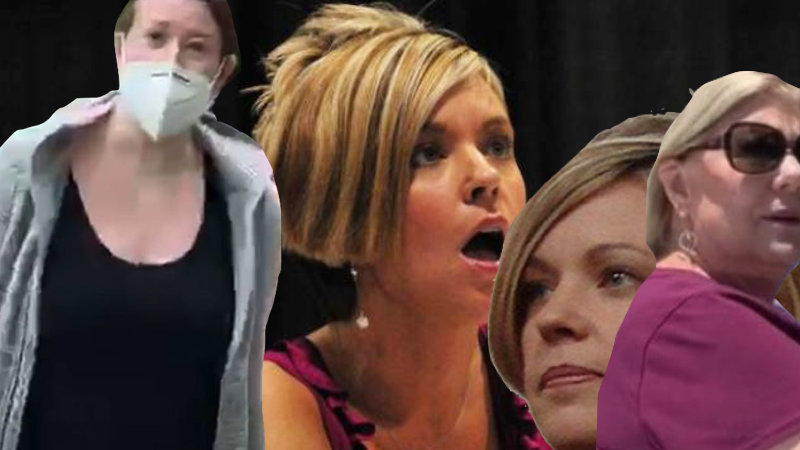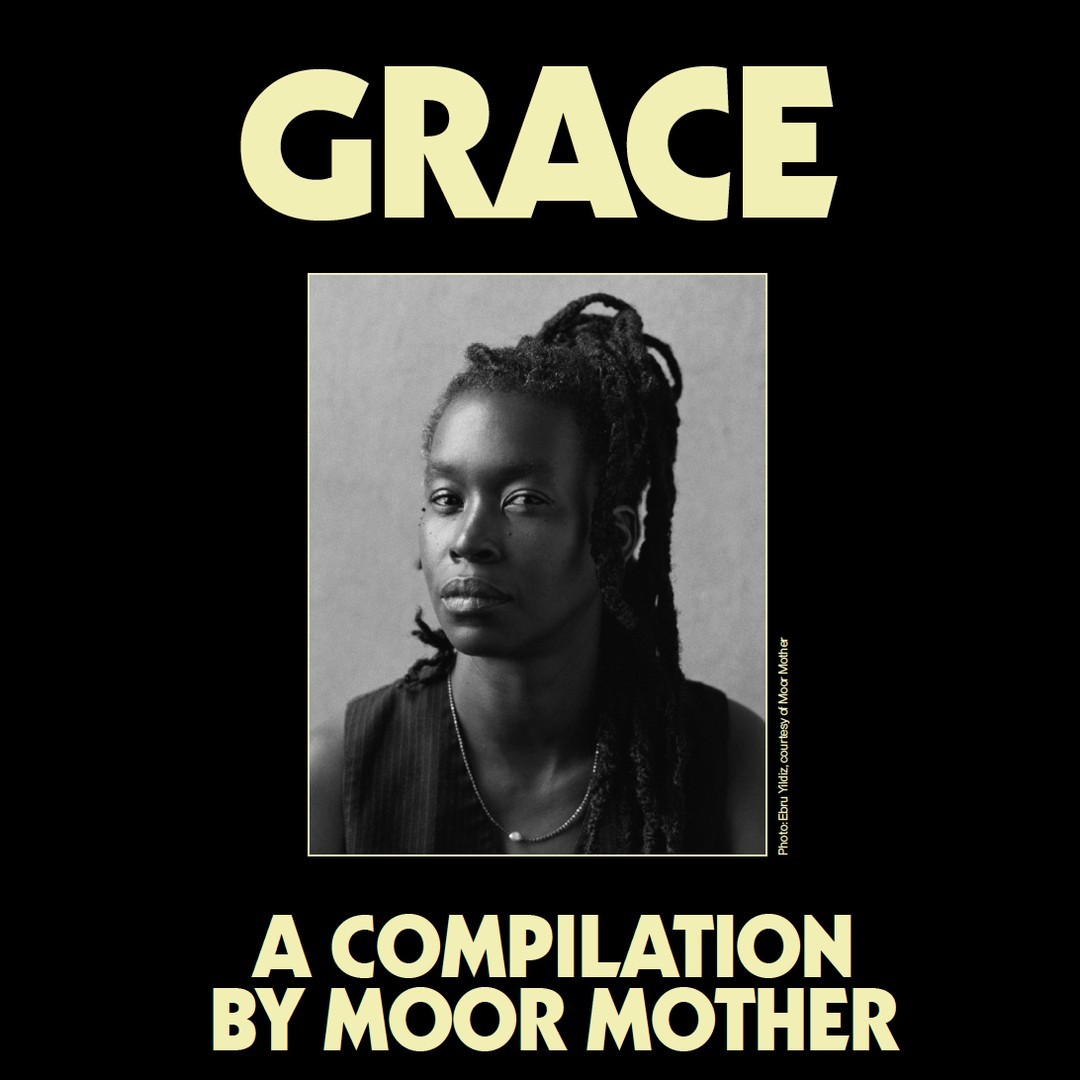When Karen first became a memento of popular digital culture, she was the asymmetrical bob-sporting archetype of pettiness. “Let me talk to the manager” posed as the accompanying slogan to emphasise her unwillingness to have it any other way but her own. Recently however, Karen, her entitlement and how she’s referenced in the media has evolved into something far more harmful than a mockery of food complaints at restaurants.
2020 has brought forth the largest economic, as well as the largest socio-cultural reckoning the world has ever seen. A pandemic showcased the fragility of human control over nature’s wrath, whereas the killing of yet another innocent black man served as the boiling point for what is now history’s biggest civil rights movement. Now more than ever before, the internet has propelled the structural inequities our systems have permitted for so long into the forefront of our minds. Social Media and everything it entails has become the communicative ecosystem of spreading word and understanding for local, regional, national and international acts of suppression against marginalised communities. It’s been the breeding ground for both positive and negative responses, reactions and calls for counterattacks towards the somehow—most definitely—intertwined events of these past months.
Virtual activism, Twitter anecdotes and, above all, the easy, inescapable and insatiable consumption of memes take centre stage when it comes to how we learn about and cope with all of this trauma. The latter are of particular interest here, as they’ve long surpassed their initial, merely comedic purpose, and are now part of the greater political discourse. The humorous spirit of memes and their hereby offered, effortless digestibility made way for widely accessible, understandable social (in-)justice commentary. They self-ironically feed and entertain us, by pointing out how truly awful life can sometimes be. At the same time however, they lack the nuances needed for us to fully grasp, identify and comprehend the depths of racism and other perils implemented deeply within our societies. Their candid, shape-shifty, short-term nature extracts from the seriousness, the timeless weight of the issues they assume to tackle. Willingly or not, they suspend our realisation over how they’re only small pieces to a large puzzle of attempts at reassembling the chain of order. Neither making, nor liking, screenshotting or forwarding a meme will suffice in full-fleshedly opposing the colossal menace that is white, heteronormative patriarchy.
View this post on Instagram
As I initially began to zoom in on the “Bye, Karen”, “Ok, Boomer”, “Generation Snowflake” phenomena, it was at a time where all of these phrases were still used to generalise, interpret, reframe someone’s opinions based, primarily, on age. It was irritating to me that these words were juggled and interchanged, to minimise or maximise the validity or invalidity of statements, reducing entire strands of arguments—regardless of whether or not one agreed with them—to nothing more, nothing less than a viral-but-vague hashtag. To stamp and file fragments of discussions as nothing but Karens, Boomers, Snowflakes in their feelings is neither productive on a conversational level, nor is it helpful in deconstructing the hateful stigma that enabled them in the first place—or so I felt.
Everyday, it seems, new footage surfaces of middle-aged white women, raging in public or elsewhere over having to wear corona-protective masks at grocery stores and displays of Black Lives Matter sentiments. Once coined to make fun of unreasonably rude nit-pickers, the Karen effect has now come to encapsulate the racist, discriminatory, or at very least tone-deaf byproducts of white womanhood and thus white privilege. Looking at the countless, disturbing videos of incidents, casually or not so casually caught on camera, it feels less and less appropriate to apply the often contextless slang. Why? The whens, whys and whats might’ve shifted, but the meme-born nicknames, given randomly to everyone and everything somehow remotely touching upon sensitive territory, have a tendency to deflect from the actual nuts and bolts of what or whom they are meant to criticise, call out or cancel.
Sieh dir diesen Beitrag auf Instagram an
White woman searching google images of what a “Karen” means… TAG YOUR FRIEND!!! @kyleighmb
To call Lana Del Rey a Karen for an unwise articulation of self-pity versus to call “Police Station Polly” a Karen for purposefully addressing a black woman with the N-Word in the aftermath of a traffic incident—and then wanting to file a complaint against the person she used the slur against for the sole reason of feeling exhausted from racial tension—are two disparate versions of the titular problem. These are, in many ways, comparable but incomparable instances of the use of Karen, both of which distort what the term is intended to describe, and therefor distort the proportions between (grave) insensitivity and straight-up verbal violence.
Not every Karen can be considered a Karen, so long as lazy ignorance is not considered the same as malicious hate speech. There should be some form of differentiation between an Amy Cooper-Karen—a woman who frantically insisted a black man be arrested for allegedly threatening her life over asking her to put her dog on a leash—and someone “merely” devoid of rhetorical fine-tuning. Doesn’t putting everyone in that same pot suggest a Karen to be more of a subculture, a group of specifically socialised people somehow demographically predestined to misstep or worse? Is comparing Karens not downplaying Karen A, while simultaneously exaggerating Karen B?
View this post on Instagram
It’s been said, time and time again, that it’s not necessarily the loudest or most bluntly offensive people that support the gatekeepers of inequality, but those led by implicit biases. Biases that have manifested within everything in- and outside our own four walls, be it dating apps, nightlife gatherings or assessment centres. Every white person needs to contribute their share in the fight against racism. Claiming to not be racist and projecting every ounce of responsibility onto the obvious and disgraceful presentations of anti-intersectionality will not protect you from the web of systemic discrimination and your influence on it—or its consequential, urgent need for white accountability. I am not to say who you or anyone call(s) a Karen under which circumstance.
But non-BIPOC resorting to the meme-ification of bigotry will not do the trick in properly dismantling the hierarchy that allows it; not being inherently racist doesn’t mean you’re not profiting off of inherently racist power dynamics. So, engage in the cause more profoundly, refrain from strictly placing blame by way of derogatory lingo. Call a Karen a Karen if you have to. But maybe carry the conversation further. Go on ahead and call the Karens, the Boomers, the Snowflakes racists, if that’s what they are. Call a spade a spade.


